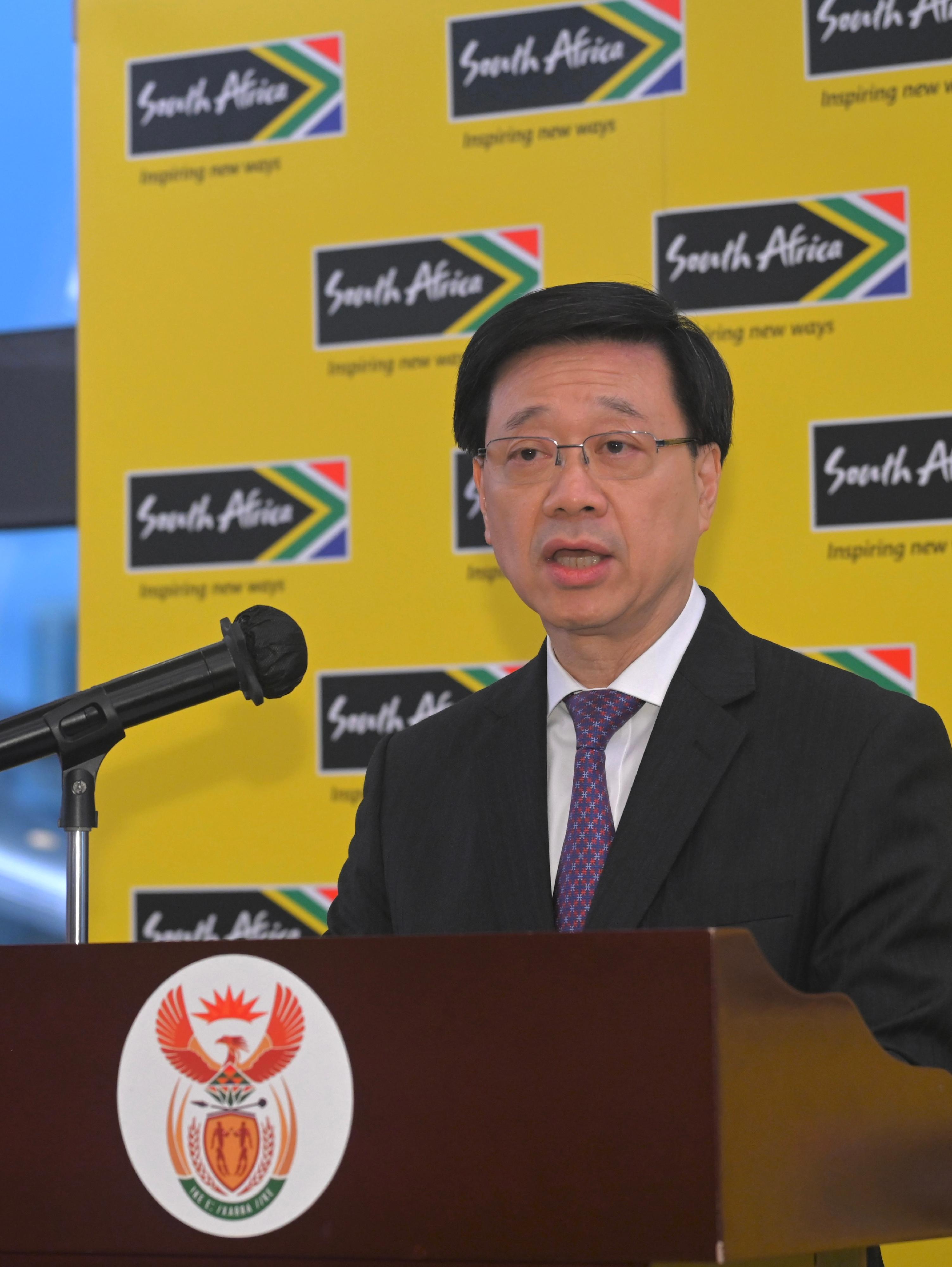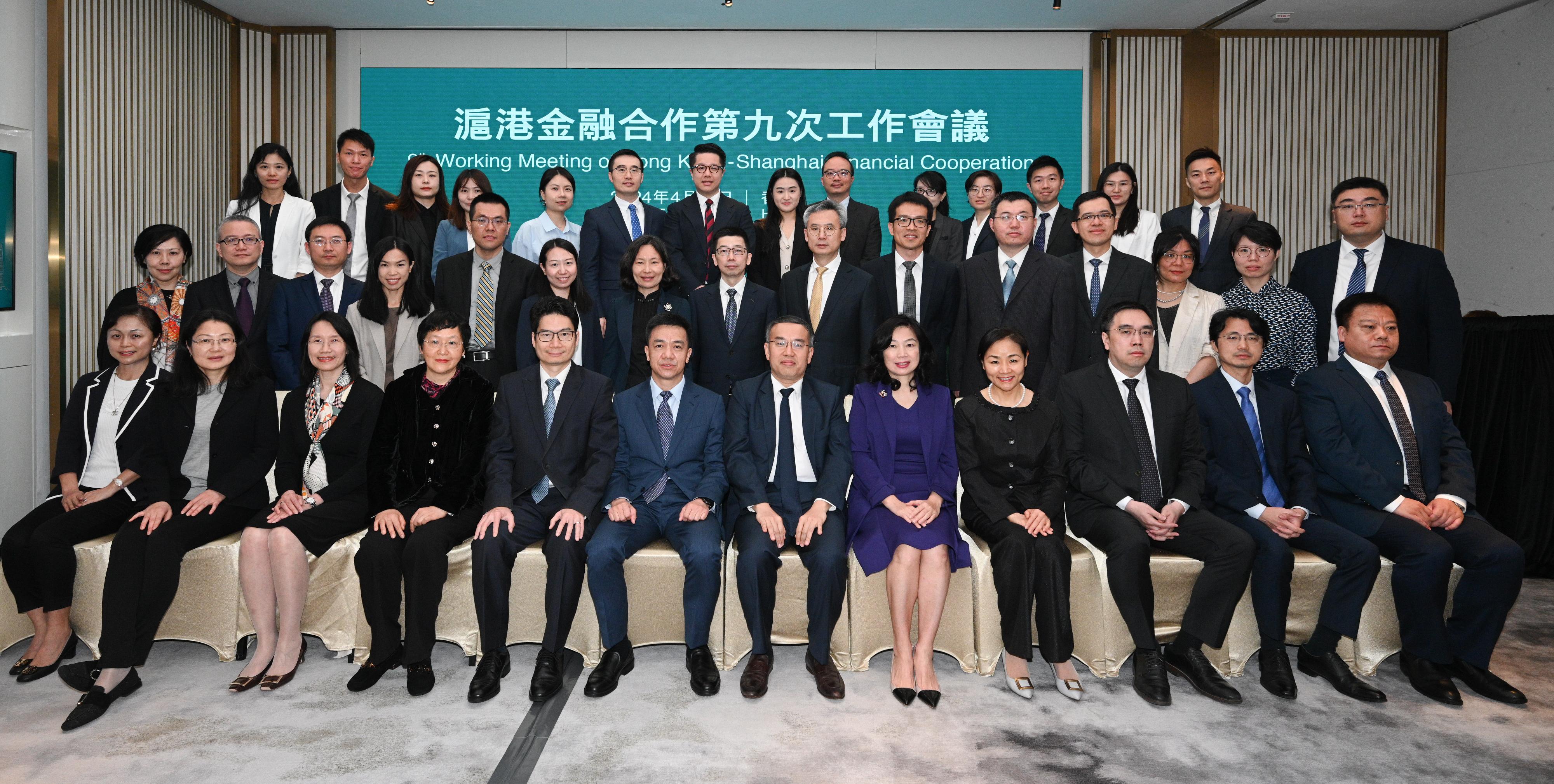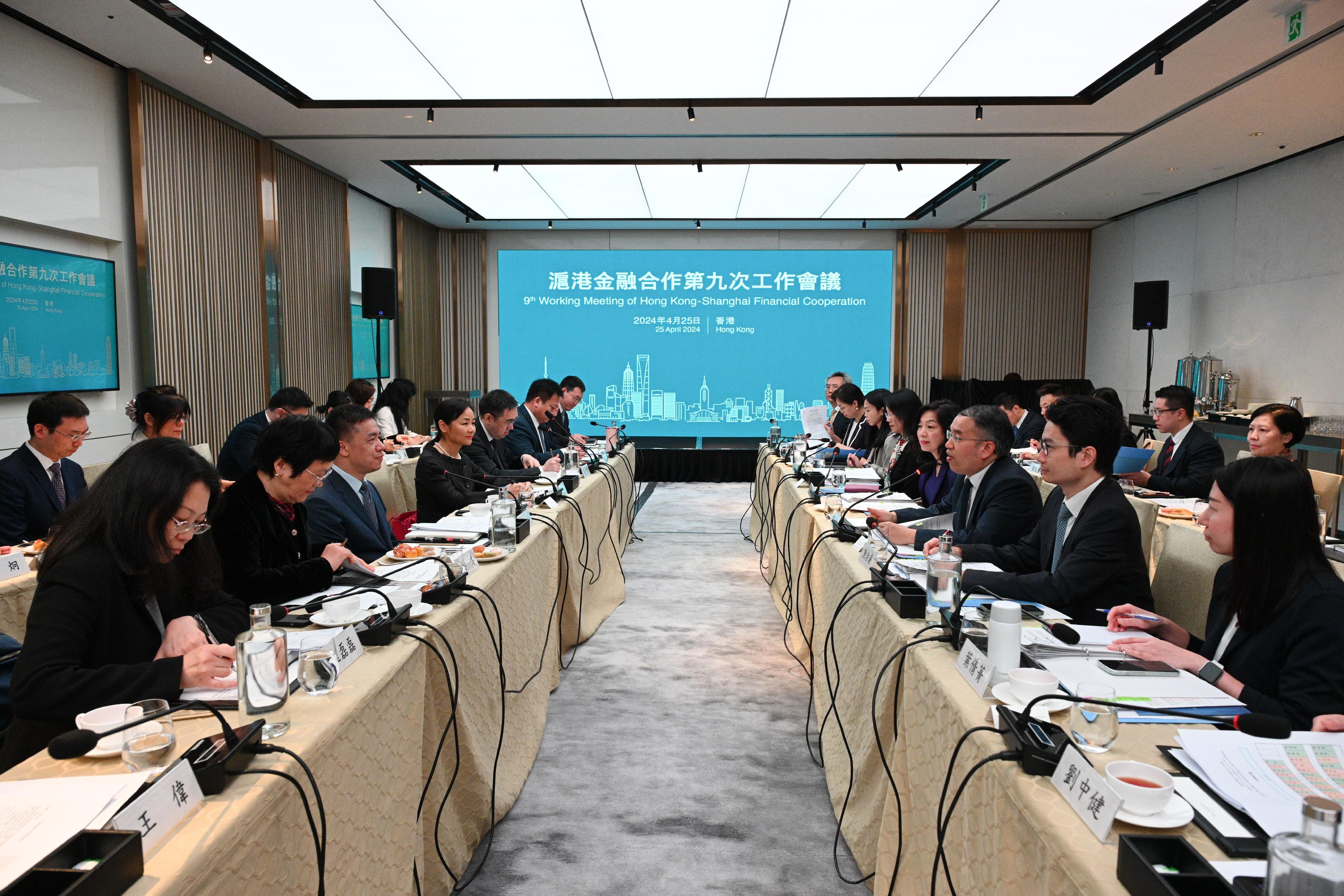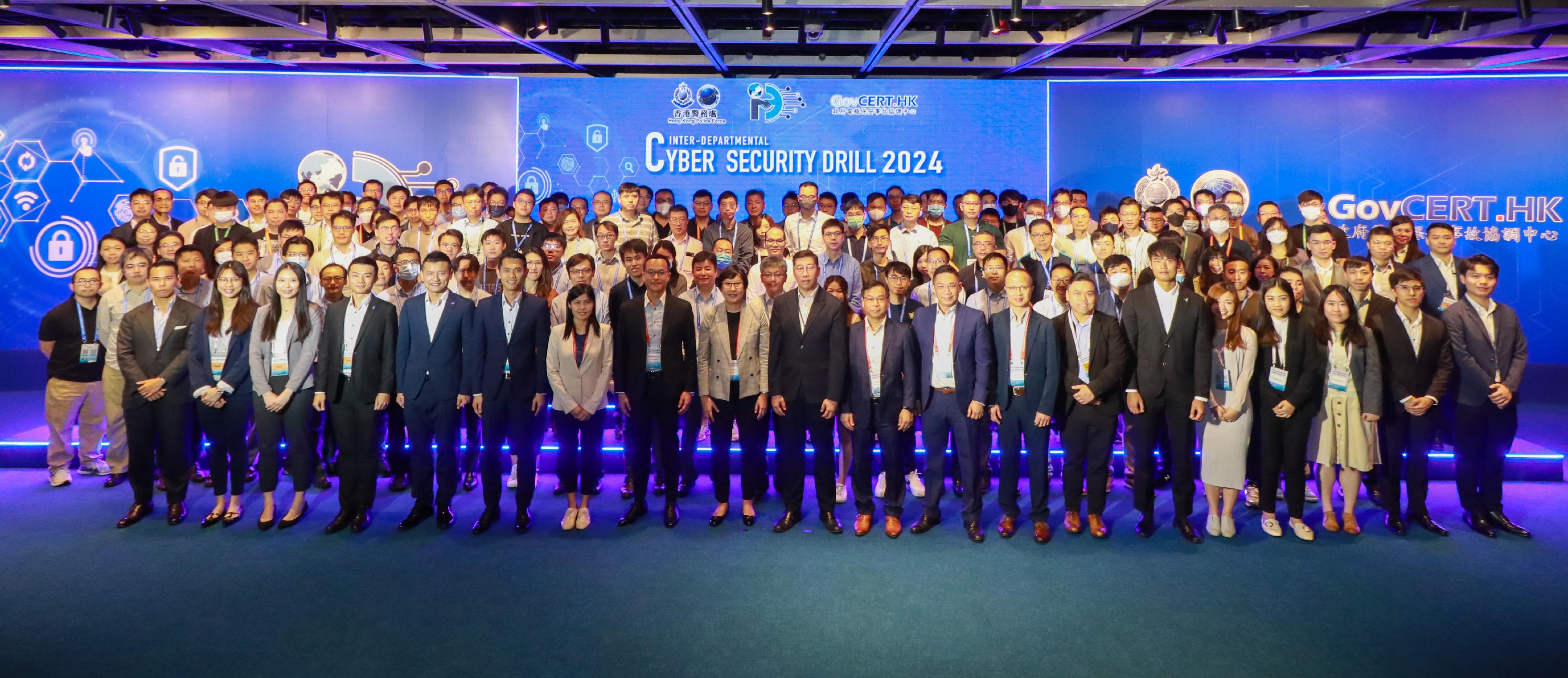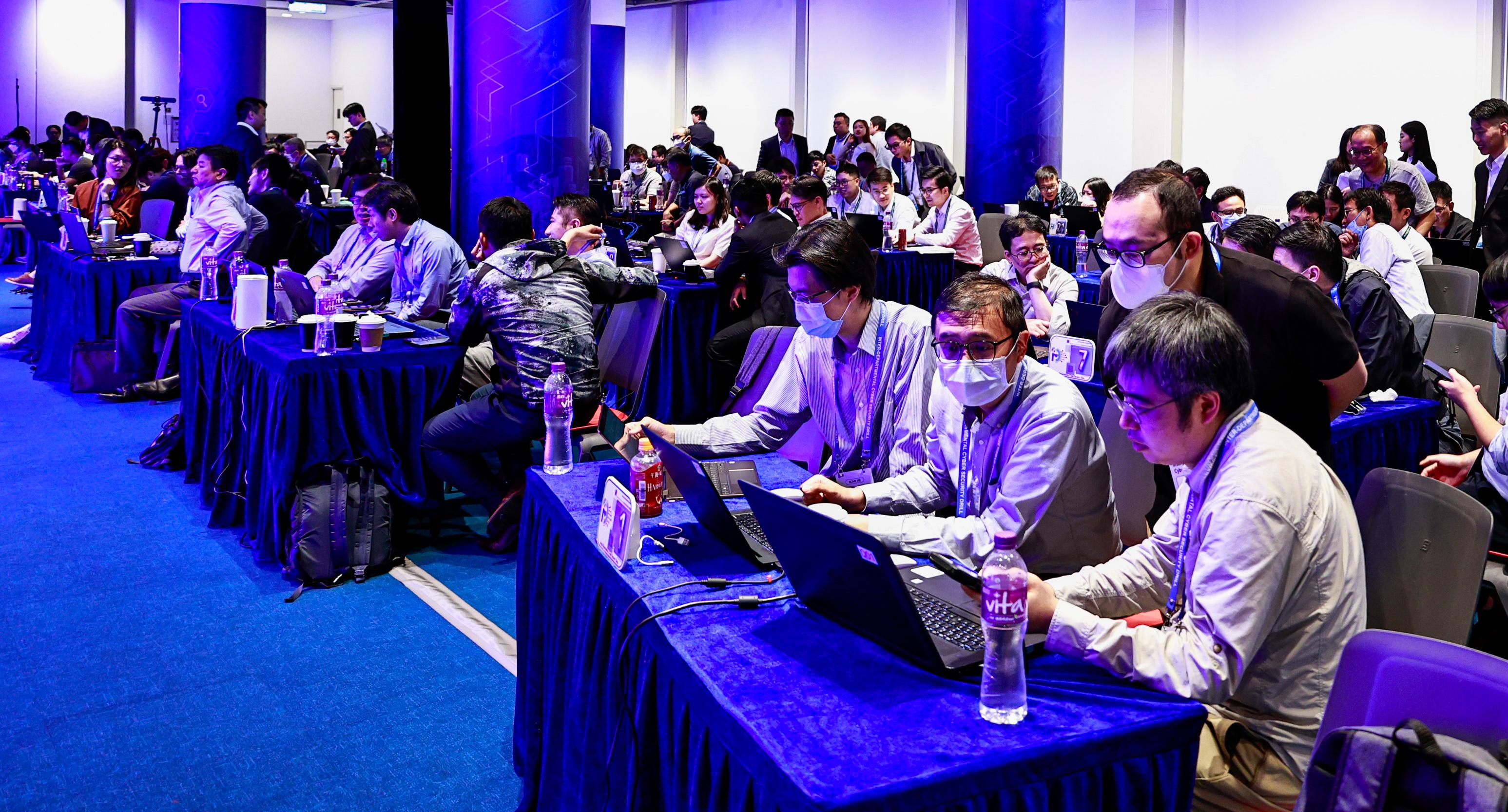Speech by CE at South African National Day Cocktail (English only) (with photo/video)
Following is the speech by the Chief Executive, Mr John Lee, at South African National Day Cocktail today (April 25):
Honourable Consul-General Mojalefa Mogono (Consul-General of South Africa in Hong Kong), Deputy Commissioner Pan Yundong (Deputy Commissioner of Office of the Commissioner of the Ministry of Foreign Affairs in the Hong Kong Special Administrative Region), distinguished guests, ladies and gentlemen,
Good evening to you all. I am pleased to have this welcome opportunity to speak to you tonight, as we celebrate the 30th Freedom Day of the Republic of South Africa.
Thirty years ago, when President Nelson Mandela addressed his country in an inaugural speech, he passionately said, and I quote, “We enter into a covenant that we shall build the society in which all South Africans, both black and white, will be able to walk tall, without any fear in their hearts, assured of their inalienable right to human dignity – a rainbow nation at peace with itself and the world.”
And walked tall you have. The rainbow nation now has the biggest securities exchange, busiest airports and longest road network in Africa. Your vibrant mix of cultures, abundance of thrilling landscapes and majestic wildlife fascinates millions of visitors every year. Please join me in a round of applause to congratulate the people of South Africa, for the great strides you have made in the past three decades!
Last year marked the 25th anniversary of the establishment of diplomatic relations between China and South Africa. During his state visit to South Africa last year, President Xi Jinping met with His Excellency President Matamela Cyril Ramaphosa. President Xi remarked that China is ready to work with South Africa to carry forward the friendship, deepen co-operation, and strengthen coordination, in an effort to take the China-South Africa comprehensive strategic partnership to new heights, and build a high-quality China-South Africa community with a shared future.
The Hong Kong SAR maintains a strong and committed partnership with South Africa. With South Africa as our largest trading partner in Africa, Hong Kong’s success is closely intertwined with the country, particularly as we look to further strengthen our relations with new markets such as those in Africa.
Last year, the total merchandise trade between Hong Kong and South Africa amounted to 1.9 billion US Dollars, with about 6.6 per cent of the total trade in goods between Mainland China and South Africa routing through Hong Kong.
This year also marks the 10th anniversary of the signing of the Comprehensive Avoidance of Double Taxation Agreement between the Hong Kong SAR and South Africa, an important agreement that has strengthened our economic ties, and facilitated trade and investments between the two places.
As the relations between our two countries continue to grow, Hong Kong SAR is eager to contribute, as it always has, as a key gateway for South Africa’s entry to the vast Chinese market.
Under “one country, two systems” principle , Hong Kong is the only city in the world that enjoys both the China advantage and the global advantage. Hong Kong is well-known to be a “super connector”, connecting the international market with the Mainland market. Hong Kong is, also, a “super value-adder”. Our multi-lingual and multi-talented workforce provides world-class professional services, to global investors. Accountants, lawyers, bankers, engineers, architects, surveyors, IT specialists, the list just keeps going on.
Hong Kong is determined to serve as a “super connector” and “super value-adder” between the Mainland and Belt and Road countries. South Africa, I am pleased to note, was the first country in Africa to sign a co-operation agreement with our country on the Belt and Road Initiative. We welcome our friends from South Africa to join us in this journey of opportunities.
Arts and culture is another area of collaboration between Hong Kong and South Africa. In February this year, the Hong Kong Arts Development Council entered into a global strategic partnership with the National Arts Council of South Africa. This partnership facilitates international market access for Hong Kong and South African artists, and lays a solid foundation for their future collaboration.
This October, the inaugural Hong Kong Performing Arts Expo will be launched. I’m pleased to note that one of the Expo’s programmes, “Journey of Discovery”, will showcase a collaboration of young musicians from Hong Kong and South Africa, bringing our cultural ties to a new and higher level.
The Hong Kong SAR Government looks forward to continue working closely with the South African Consulate-General in Hong Kong, and promote stronger connections in business and trade, culture and education, and many more areas with South Africa in the years ahead.
Ladies and gentlemen, may I wish the people of the Republic of South Africa the best of health and harmony. A happy Freedom Day! Thank you!


